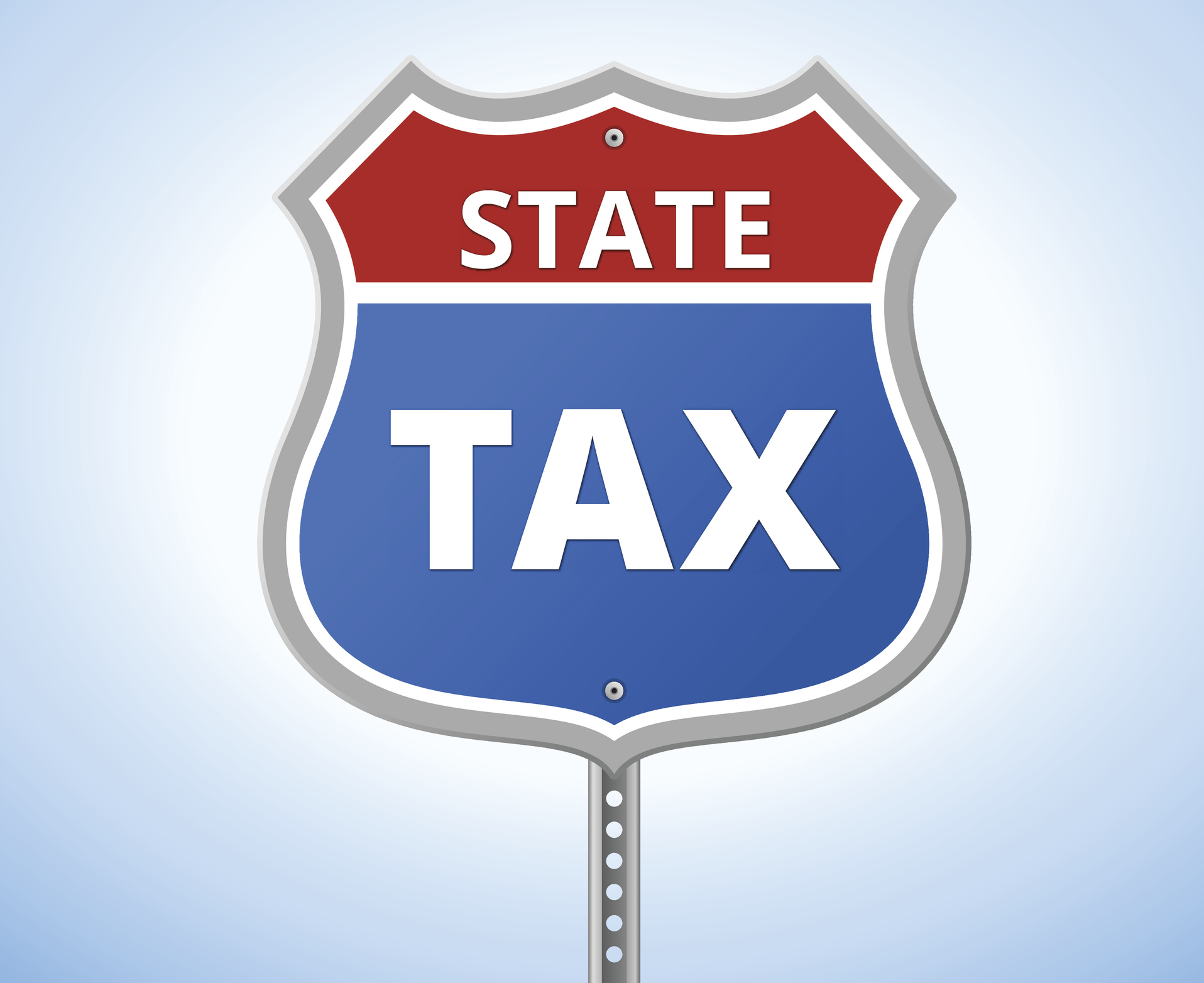By Marquita Miller-Joshua, CSP, MDSG
As a professional speaker, your job often takes you across state lines to deliver keynote addresses, facilitate workshops, and conduct seminars for diverse audiences. While travel and exposure can be exhilarating, understanding the state tax implications that come with working in multiple states is important.
Why State Taxes Matter
Each state in the U.S. has its own tax laws and regulations. When you earn income in a state other than your home state, you may be required to file a non-resident tax return and pay taxes on the income earned there. Overlooking these obligations can lead to penalties and interest.
Steps to Manage State Tax Obligations
Know Your Nexus
“Nexus” refers to the connection between you and a state which requires you to comply with its tax laws. Speaking engagements can establish a nexus. Understanding where you have a tax nexus is the first step in identifying your state tax obligations.
Track Your Income and Expenses by State
Keep detailed records of the income and expenses for each state where you work as a paid professional speaker. This includes your speaker fee, product or service sales, travel expenses, meals and any other costs incurred related to your speaking engagements. Accurate records are crucial for filing precise tax returns, claiming deductions, and avoiding discrepancies in case of an audit.
Understand State Tax Filing Requirements
Each state has different filing requirements. Certain states require you to file a return if you earn above a certain threshold, while others may require a return regardless of the amount earned. For example, the state of Missouri imposes taxes on non-resident entertainers and their assistants. If you have a person traveling with you or performing services on your behalf as a non-resident, and that person receives compensation for those services, it is taxable in Missouri.
Research the specific requirements for each state you work in to ensure compliance. This step could be part of your pre-event checklist.
Consider State Reciprocity Agreements
Some states have reciprocity agreements, which can simplify your tax obligations. These agreements allow residents of one state to work in another state without being subject to the second state’s income tax. Check if such agreements exist between your home state and the states where you frequently work.
Consult a Tax Professional
Given the complexity of state tax laws, consulting with a tax professional who specializes in multi-state taxation can be invaluable. They can provide guidance tailored to your specific situation, help you stay compliant, and potentially identify tax-saving opportunities.
Common Pitfalls and How to Avoid Them
Issue: Ignoring State Tax Obligations: Many speakers mistakenly believe they only need to worry about federal taxes or their home state’s taxes. This can lead to unexpected tax bills and penalties.
Solution: Educate yourself on the tax laws of each state where you earn income. Use resources like state department of revenue websites and professional associations for up-to-date information.
Issue: Inadequate Record-Keeping: Poor record-keeping can result in missed deductions and difficulties in accurately filing tax returns.
Solution: Develop a system for tracking income and expenses by state. Consider using accounting software or utilizing an experienced accountant to establish a method for tracking income and expenses by the state.
Issue: Overlooking Estimated Tax Payments: If you’re earning substantial income from speaking engagements, you may need to make estimated tax payments to avoid penalties.
Solution: Estimate your tax liability for each state and make quarterly payments if necessary. A tax professional can help you determine the right amounts.
Navigating state tax implications as a professional speaker requires diligence and proactive management. By understanding nexus rules, keeping accurate records, and consulting with tax professionals, you can focus on delivering impactful presentations while staying compliant with state tax laws. These steps not only protect your financial health but also ensure that your speaking career continues to thrive without unexpected and unnecessary tax-related disruptions.


My CPA has me include the location of my speaking engagements on my invoices to make it easy to see which states I spoke in so they can file the returns more easily.